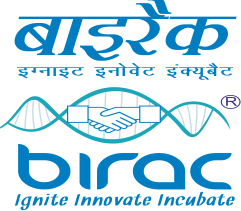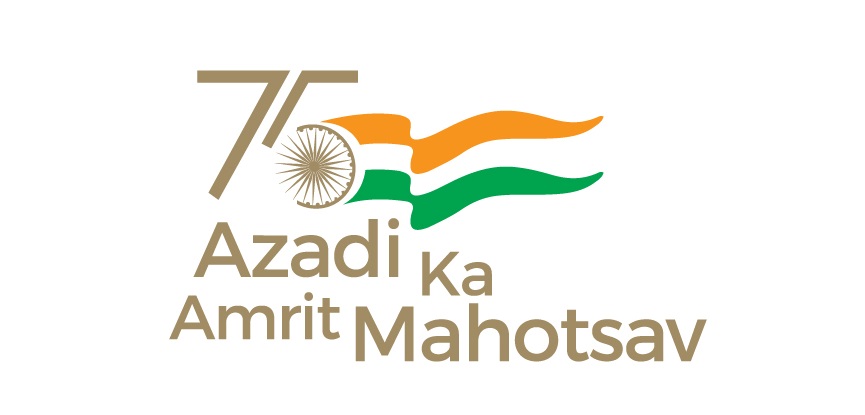“Development and Transfer of Technology from Queensland University of Technology, Australia to India for Bio-fortification and Disease Resistance in Banana”
Queensland University of Technology, Australia has developed bio-fortified banana under the Grand Challenges in Global Health Program to alleviate vitamin A and iron deficiency in Uganda. They have also developed technologies related to Banana Bunchy Top Virus (BBTV) and Fusarium Wilt resistance in banana. QUT is willing to share these technologies with India. An agreement was signed between BIRAC on the behalf of Government of India and QUT, Australia for “Development and Transfer of Technology from Queensland University of Technology, Australia to India for Bio fortification and Disease Resistance in Banana” on 24th August, 2012.
Under this project, it is proposed to utilize the experience and achievements of Queensland University of Technology (QUT), Australia for the development, validation and transfer of specific traits in two Indian banana varieties cv. Grand Nain and Rasthali. QUT has done substantial work on efficient regeneration & transformation of banana for provitamin A (PVA) & iron bio-fortification. They have also obtained good leads related to Banana Bunchy Top Virus (BBTV) and Fusarium Wilt resistance. The QUT group has developed and evaluated a large number of promoter-gene combinations, made transgenic lines and evaluated in field trials. On the basis of results, QUT has been improving the constructs (Generation 1, Gen 2 and Gen 3) with respect to fold increase in expression of the above mentioned genes. Banana plants having several of these gene constructs (especially Gen2 and Gen3) are currently under field and selection for enhanced level of micronutrients that may match PVA and iron requirements is desirable for India. QUT is willing to share these constructs, data on performance, bioavailability studies, bio safety data and protocols for efficient regeneration and transformation in banana. The technology developed by QUT to improve banana varieties for iron, PVA, BBTV and Fusarium Wilt resistance will be applied to Indian banana varieties, evaluated under Indian conditions of growth and improved, as may be required. Accordingly, QUT will provide Gen1 constructs. This will be followed by the development of data and sharing of Gen 2 and Gen 3 constructs in a timely manner.
The Technology Transfer for Bio-fortified Banana from QUT, Australia, would be to 5 Indian Partners
1. National Agri-Food Biotechnology Institute, Mohali, Punjab
2. National Research Centre for Banana, Trichy, Tamil Nadu
3. Bhabha Atomic Research Centre, Trombay, Mumbai
4. Tamil Nadu Agricultural University, Centre for Plant Molecular Biology & Biotechnology, Coimbatore
5. Indian Institute of Horticultural Research, Bangalore, Karnataka
Scope of application indicating anticipated product and processes: This study will lead to the development of bio-fortified and disease resistance transgenic Indian bananas. High level expression of gene constructs involved in carotenoid & iron biosynthesis pathways and BBTV & fusarium resistance will be aimed through joint efforts with QUT, Australia. On successful achievement of milestones, bio-fortified and disease resistant varieties of Rasthali and Grand Nain will be developed.
The QUT deliverables are as follows:
i. Transfer of technology for efficient regeneration & transformation of banana for provitamin A (PVA) & iron bio-fortification and transfer of Gen, Gen2 and Gen 3 constructs
ii. Complete Stage 1 training of Indian scientists in QUT transformation and regeneration methodology
iii. Complete capacity enhancement of Indian scientists for Stewardship Stage 2
iv. This will include aspects of (i) Safety, (ii) Compliance, (III) Containment and confinement, (iv) Product identity and (v) Quality and sustainability. Travel, accommodation and living expenses to be covered by DBT
v. Make data available on the human iron bioavailability study and human PVA bioavailability study
vi. Transfer best BBTV and FOC resistance construct
The Indian component deliverables are as follows:
i. The first phase constitutes the development of PVA & iron bio-fortification of Indian banana by NABI, Mohali and BARC, Mumbai respectively. NRCB, Trichy will do work on both PVA & iron bio-fortification
ii. The second phase will have the BBTV & Fusarium Wilt disease resistance components by TNAU, Coimbatore and IIHR, Bangalore, respectively. Efficient embryogenic cell suspension (ECS) culture of the Rasthali by NRCB, Trichy and Grand Nain by BARC, Mumbai will be developed as a continuous source for genetic transformation and distributed to all the Indian partners. Wherever available, the Indian gene constructs will be compared with the gene constructs developed at QUT, Australia. Most suitable modified banana lines will be evaluated under field conditions, in next phase of the project.
Project Duration: 6 years.








